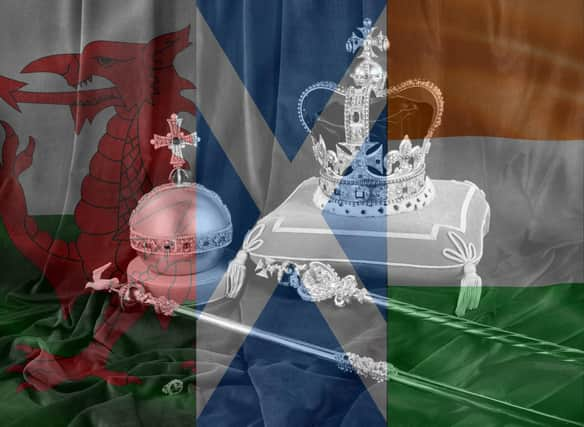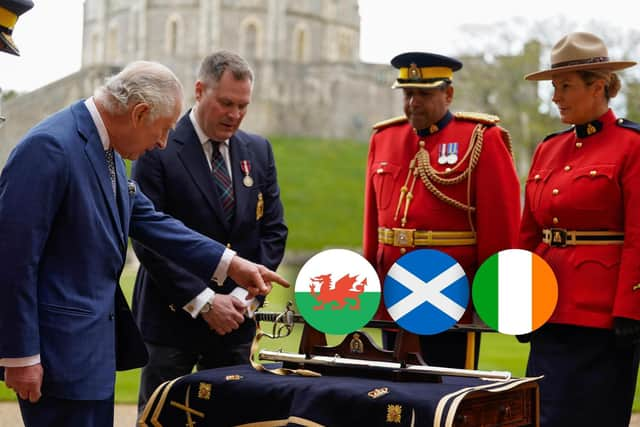A Coronation with Celtic Languages: Scottish Gaelic, Welsh and Irish to appear for the first time


The influence of Celtic languages can still be felt in our world today. Place names in Scotland and even United States locations feature traces of languages like Scottish Gaelic and Pictish.
Therefore, it should come as no surprise that Celtic languages including Gaelic, Irish and Welsh will feature in King Charles’ coronation this week - after all he is the UK monarch and these Celtic tongues are tied to this land.
Advertisement
Hide AdAdvertisement
Hide AdSadly, this does not include all surviving Celtic languages such as Cornish or Manx, but it is a step in the right direction for inclusion in the languages’ heartlands.
Does King Charles speak Welsh?
The soon-to-be King Charles previously attended Aberystwyth University as a youth to learn the language under the tutelage of Welsh nationalist Dr Edward Millward. The National reported that this made Charles the first English Prince of Wales to be a Welsh speaker in 668 years and he reportedly developed a strong friendship with his tutor.
However, Wales Online reports that while he speaks some Welsh he is not fluent. At his coronation in May, the ‘Lord Have Mercy’ prayer will be performed in Welsh.


How will Gaelic feature at the Coronation?
A Lambeth Palace spokesperson said that the hymn ‘Veni Creator’ will be sung. They confirmed that the “ancient hymn” had featured in “coronation services since the 14th century” and is also used in ordination services for bishops and deacons etc.
In their words: “For the first time, we will hear this sung in the traditional languages of the nations of the United Kingdom: English, Welsh, Scots Gaelic and Irish Gaelic.” The Scottish Gaelic verse will proceed as follows:
Fada bhuain iomain ar namh
Agus builich sa bhad do ghras
O, treoraich sinn, a Cheannaird ard
Bho bhuaidh gach beud agus cradh
The corresponding English lyrics of the song are:
Anoint and cheer our soiled face
With the abundance of thy grace
Keep far our foes, give peace at home
Where thou art guide, no ill can come
After the Scots portion of the singing there will be lines in the Irish language. This means endangered Celtic languages will have the opportunity to be seen at one of the UK’s biggest historical events.
Comments
Want to join the conversation? Please or to comment on this article.
